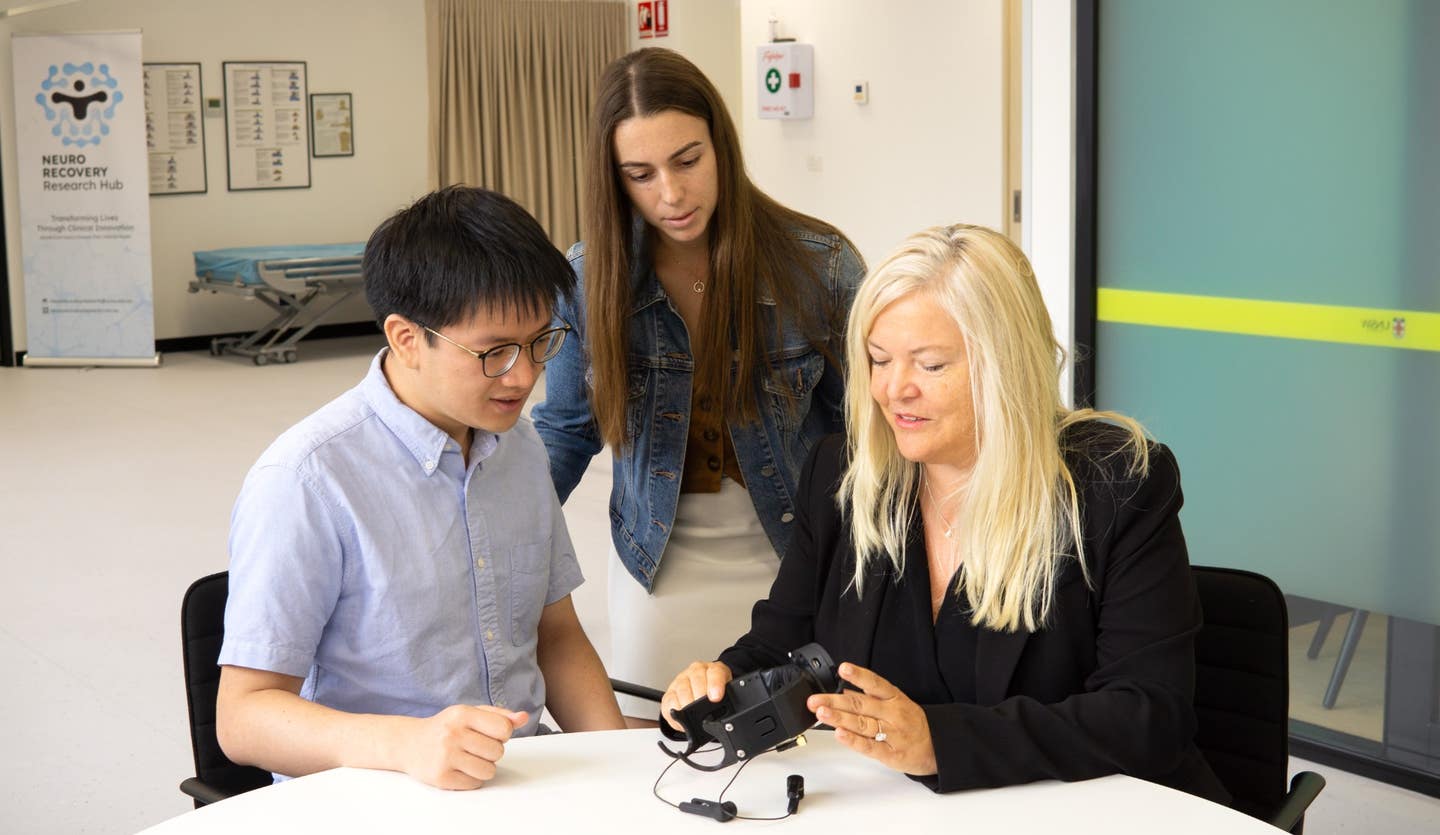Motivation to learn is just as important as intelligence, study finds
Non-cognitive skills, such as motivation and perseverance, are as important as intelligence for academic success, reveals a new study.

A college student thinking (CREDIT: Creative Commons)
A new study published in Nature Human Behaviour sheds light on the importance of non-cognitive skills, such as motivation and self-regulation, in academic achievement.
Led by Dr. Margherita Malanchini from Queen Mary University of London and Dr. Andrea Allegrini from University College London, the research challenges the long-standing belief that intelligence is the sole driver of academic success. The findings suggest that non-cognitive skills become more influential as children progress through their education, with genetics playing a significant role.
Dr. Malanchini explains, "Our research challenges the long-held assumption that intelligence is the primary driver of academic achievement. We’ve found compelling evidence that non-cognitive skills – such as grit, perseverance, academic interest, and the value attributed to learning – are not only significant predictors of success but that their influence grows stronger over time."
The study, which tracked over 10,000 children from age 7 to 16 in England and Wales, combined twin studies with DNA-based analyses to examine the relationship between genes, environment, and academic performance. The results indicate that these skills are just as critical as intelligence when it comes to succeeding in school.
Genetics and Non-Cognitive Skills
A key discovery was the growing impact of genetics on the development of non-cognitive skills and their influence on academic outcomes. Using DNA analysis, the researchers developed a "polygenic score," which provides a genetic snapshot of a child's predisposition to non-cognitive abilities.
Related Stories
Dr. Allegrini explains, "We discovered that genetic effects associated with non-cognitive skills become increasingly predictive of academic achievement over the school years. In fact, their effect nearly doubles between the ages of 7 and 16.
By the end of compulsory education, genetic dispositions towards non-cognitive skills were equally as important as those related to cognitive abilities in predicting academic success."
This finding upends traditional views that intelligence is the primary determinant of educational success. It emphasizes that a child's emotional and behavioral traits, influenced by both genetic and environmental factors, play an essential role in their academic journey.
The Role of the Environment
Although genetics is important, the study also highlights the environment's role in shaping non-cognitive skills. Researchers were able to separate the impact of shared family environments from genetic factors by studying siblings.
Dr. Allegrini points out, "While family-wide processes play a significant role, the increasing influence of non-cognitive genetics on academic achievement remained evident even within families. This suggests that children may actively shape their own learning experiences based on their personality, dispositions, and abilities, creating a feedback loop that reinforces their strengths."
These insights underscore the importance of considering both genetic and environmental factors when examining a student's academic performance. It’s not just about intelligence or even the home environment; the dynamic interplay between genes, personality, and experiences significantly influences how children perform in school.
Implications for the Education System
This research holds significant implications for the education system. Schools and educators have traditionally placed a heavy emphasis on developing cognitive abilities, often overlooking the critical role that non-cognitive skills play in academic achievement. Recognizing the importance of these skills can lead to more well-rounded and effective educational approaches.
Dr. Malanchini suggests, "Our education system has traditionally focused on cognitive development. It's time to rebalance that focus and give equal importance to nurturing non-cognitive skills. By doing so, we can create a more inclusive and effective learning environment for all students."
Incorporating emotional and behavioral development into school curricula could not only enhance students' overall academic success but also help reduce achievement gaps. Schools can implement targeted interventions to support students' emotional and social growth alongside their academic education.
This study also signals the need for more research into how genes, the environment, and education interact. With a better understanding of these factors, policymakers and educators can craft strategies that foster the overall development of students, ensuring that they reach their full potential.
As Dr. Malanchini concludes, "This study is just the beginning. We hope it will inspire further research and lead to a transformation in how we approach education."
Note: Materials provided above by The Brighter Side of News. Content may be edited for style and length.
Like these kind of feel good stories? Get The Brighter Side of News' newsletter.



